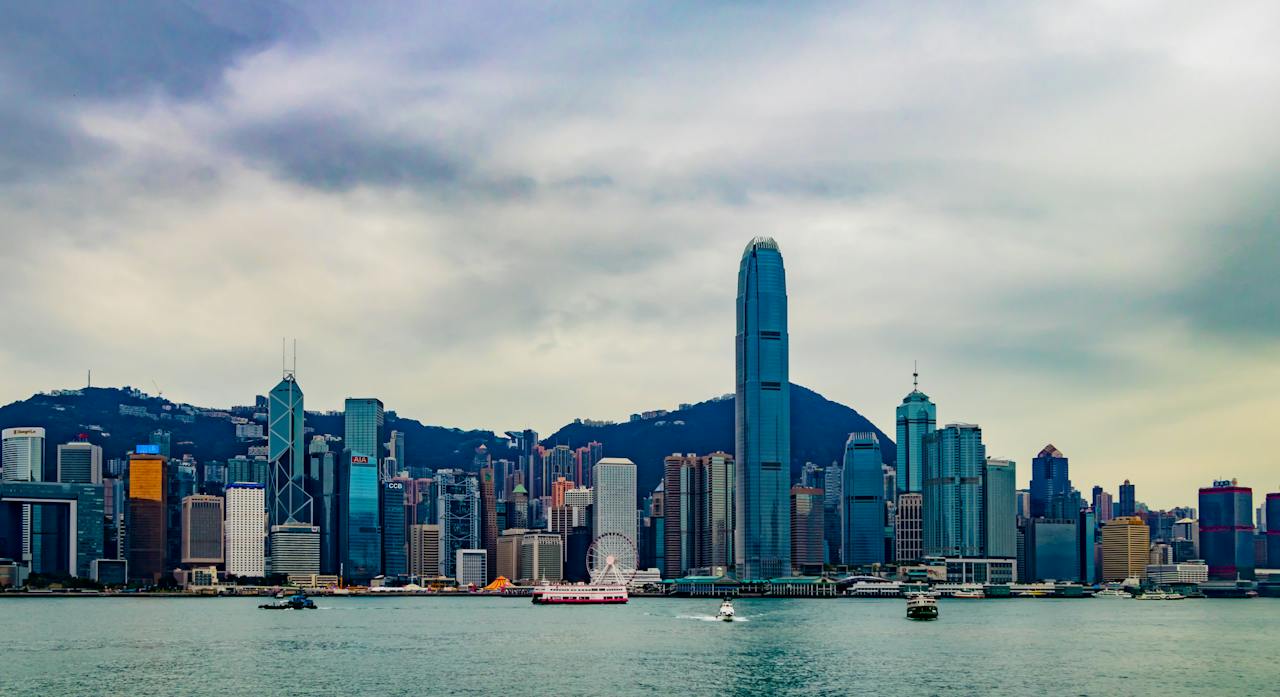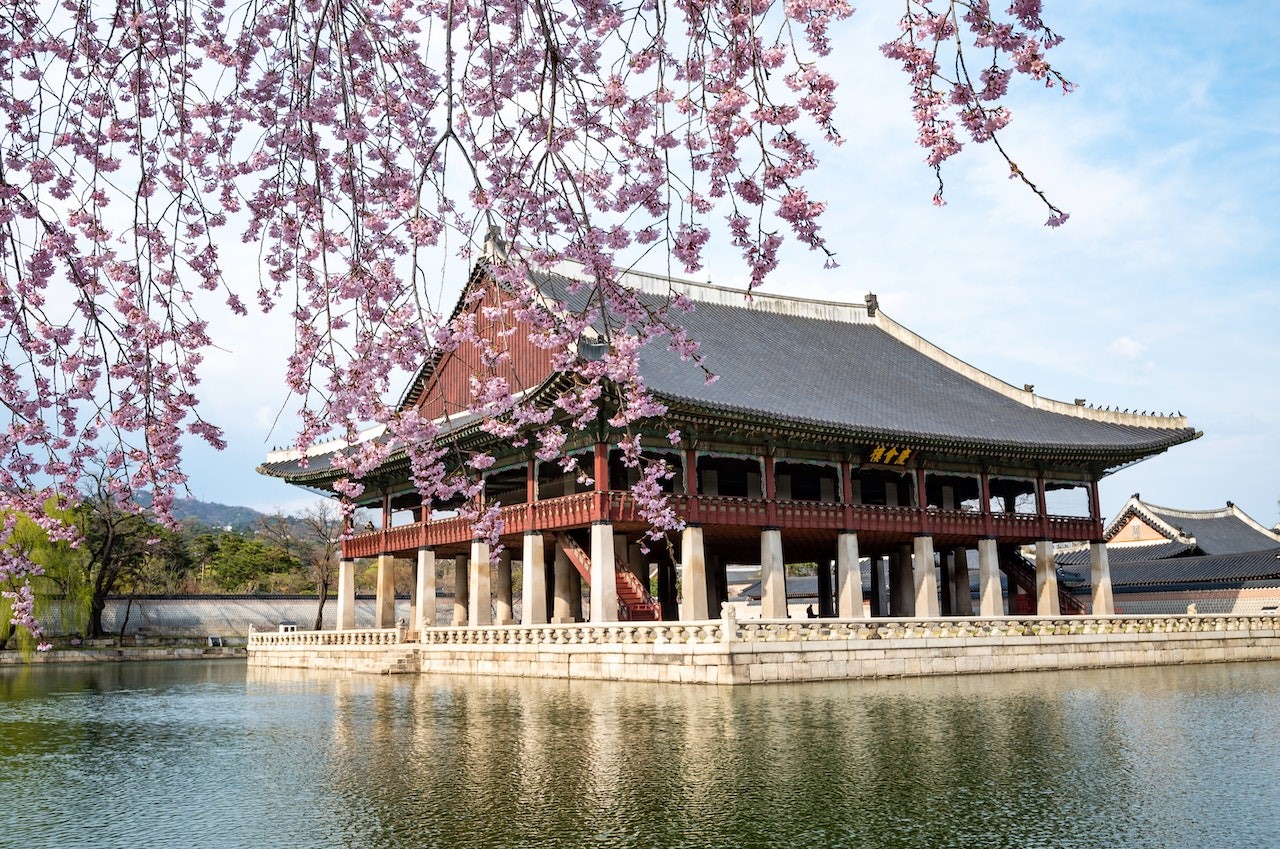Written by Nicolas Tang

By Kahon Chan
Hong Kong’s legal community voiced confidence in the city’s status as an arbitration hub as Chief Executive John Lee Ka-chiu left on Sunday for a week-long trip to Singapore, Indonesia, and Malaysia.
On a mission to promote Hong Kong as a place for business and professional services, his first stop is Singapore, where he is expected to meet Prime Minister Lee Hsien Loong on Monday.
Lawyer Ronald Sum Kwan-ngai, who is among about 30 top business representatives and professionals included in the delegation, said he was prepared to fend off criticism of Hong Kong’s legal system, something he had faced on a previous overseas visit.
“On one occasion, someone asked me right on stage whether Hong Kong still had a safe legal system,” he recalled. “As a lawyer, I hope I can help other representatives address such questions.”
A council member of the Law Society of Hong Kong and partner at global law firm Baker McKenzie, Sum said while he had seen clients switching their arbitration venue from Hong Kong to Singapore, the shift had not been significant.
“People are having doubts because geopolitics has been a factor … many people who have never been to Hong Kong reach their conclusions after reading the news,” he said.
He intends to highlight Hong Kong’s stable and robust judiciary to the Association of Southeast Asian Nations (ASEAN) businesses during the trip.
“Precisely because of the misunderstanding, we need to point out the actual situation, to explain what foundations and mechanisms are in place here,” he said.
He also hoped to promote a new online dispute resolution service to ASEAN business leaders.
Hong Kong’s bid to maintain its status as a legal hub is supported under Beijing’s Greater Bay Area plan, with a three-year pilot scheme called the “GBA Legal Professional Examination” launching in 2021.
The program, which ends this year, allows experienced Hong Kong lawyers to practice civil and commercial law in the nine mainland Chinese cities that make up the bay area plan to create an economic powerhouse, along with Macau.
Legal practitioners, including solicitors and barristers, with at least five years experience are allowed to offer their services in the nine mainland cities on specified civil and commercial matters, after passing the exam and obtaining the relevant certificate.
The first practice license was issued to a lawyer in July last year. About 200 legal practitioners from Hong Kong have obtained the qualification as of April 30 this year.
Beijing’s 14th five-year plan has also set up Hong Kong as a center for international legal and dispute resolution services in the Asia-Pacific region, a position Singapore has been vying for over the past two decades.
The city-state tied with London as the most preferred arbitration location in a 2021 survey conducted by Queen Mary University of London and law firm White & Case. Hong Kong came third.
The rivalry between the two Asian cities intensified after Hong Kong’s political upheaval was set off by Beijing’s introduction of the national security law in 2020 and reforms of the electoral system to ensure that only “patriots” were in charge.
Last December, Hong Kong’s Department of Justice accused Singapore’s Maxwell Chambers chief executive Ban Jiun Ean of “unfair criticism” after he told an industry publication that some parties in long-term contracts had avoided naming Hong Kong as the arbitration venue.
In an analysis published last month, Singapore-based Farallon Law Corporation said concerns had been raised about Hong Kong’s judicial independence following “political unrest”.
“While the judiciary has maintained its reputation, parties may still have concerns about the long-term stability and political environment,” said the firm, which also promotes services to help Hong Kong companies relocate to Singapore. Its founder Nicolas Tang declined to comment.
Last year, the Hong Kong International Arbitration Centre (HKIAC) processed 344 cases valued at about US$5.5 billion, while the Singapore International Arbitration Centre handled 357 cases valued at about US$5.6 billion.
United States-based lawyer Dan Harris, a partner at Seattle law firm Harris Bricken and co-author of the China Law Blog, declared that “Hong Kong is over”. He said foreign lawyers had snubbed the city in contracts that did not involve parties from China.
“Singapore is now the place, and that will become obvious in two to three years when arbitrations start happening based on contracts that were written in the last few years and did not name Hong Kong as their arbitration venue,” he said.
But veteran Hong Kong lawyer Christopher To Wing, who has worked on mediation and arbitration since the 1990s and was HKIAC secretary general from 1998 to 2008, dismissed the notion that the city was losing out.
“I’m so busy. If cases are really falling, I should be sitting here doing nothing,” said To, whose cases include several involving Malaysian firms.
He said Hong Kong and Singapore had established reputations for transparency and efficiency in dispute resolution. Still, the former had benefited from the easier availability of professionals such as accountants and claims consultants.
In one of his cases, he said, the disputing parties moved the arbitration venue from Singapore to Hong Kong because the relevant professionals were in the city and that meant savings for both sides in hefty costs of hotel stays and air tickets.
Cost efficiency and convenience were the most decisive factors for businesses choosing how and where to resolve their differences.
“I have advised many clients and none mentioned the national security law,” he said. “Instead, they were more concerned about whether there would be fair hearings in arbitrations, and they all found Hong Kong to be very professional.”
Professor Shahla Ali, associate dean at the University of Hong Kong’s faculty of law, said the city’s arbitration ecosystem still benefited from a rigorous track record and a special arrangement that enabled easy enforcement of its arbitration decisions on the mainland.
Ultimately, she said, competition between Hong Kong and Singapore was a boon for businesses.
“Both tend to mirror and reflect the best arbitral innovations of the other,” she said. “For example, when emergency arbitration procedures are introduced in one hub, these same innovations are generally introduced in the other. Parties are ultimately the beneficiaries of this dynamic.”
Lawyers Sum and To agreed that so far, Singapore had outdone Hong Kong in pitching its strengths.
To suggested that Hong Kong’s various agencies carrying out promotion activities, such as the Trade Development Council and InvestHK, consolidate their efforts and set up a one-stop center to showcase the city’s offerings to ASEAN businesses.
“Indonesians prefer to keep things simple,” he said. “Seeing such a myriad of agencies, they would wonder whether these organizations were competing in Hong Kong and would be concerned.”
After visiting Singapore, city leader Lee and his delegation will travel to Jakarta on Tuesday before visiting Kuala Lumpur on Thursday.
According to a statement issued on Thursday, he will encourage ASEAN enterprises to grow their presence in Hong Kong and explore collaborations in trade and infrastructure.
His official entourage includes deputy financial secretary Michael Wong Wai-lun, secretary for financial services Christopher Hui Ching-yu, commerce secretary Algernon Yau Ying-wah, transport secretary Lam Sai-hung, and technology minister Sun Dong.



Farallon Law Corporation
21 Collyer Quay #01-01
Singapore 049320
Farallon Law Corporation
21 Collyer Quay #01-01
Singapore 049320
We are recognized regionally by the world-class quality of legal services that we provide. Rely on our capabilities to help you resolve your legal challenges today.